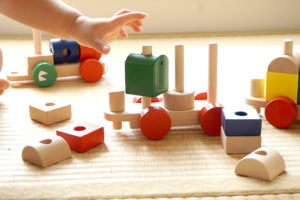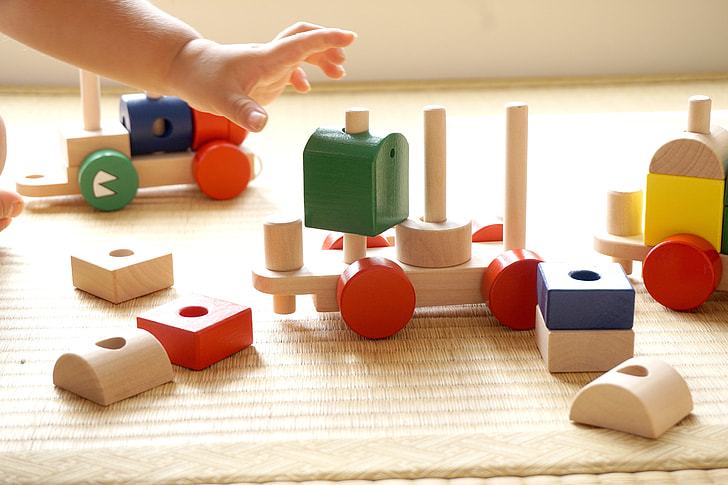School provide more than just educational lessons; it includes meals, socialization, and exercise. For children with disabilities, it may be a place they receive special education, specialized assistance, and additional therapies. Parents of disabled children may also opt to homeschool their children. Many parents and caregivers may be working from home simultaneously, adding another obstacle to these challenges.

These fun and mindful in-home activities are one way to keep children occupied, positive, and safe at home. Read through a short list of our favorite indoor activities:
Sock Puppet Show
An old or mismatched pair of socks is perfect for this classic at-home theater. Using paint, markers, and any crafting supplies (sequins, buttons, ect.), your child can make characters to use in a puppet show. Any cardboard box lying around would make for a great stage. Tip: To make it more educational, create a theme for the show that revolves around a lesson they recently learned.
Petit Sous Chef
Many families that are sheltered at home now find themselves doing more cooking, as opposed to takeout or heating prepared meals. Assigning your child the role of petit sous chef in the kitchen allows them to learn responsibility, and feel good about helping you. Whether it’s letting them measure ingredients or express their creativity by drawing a “menu,” your child will be happy to be included.
We like these 5 Ways To Get Your Child with Special Needs Involved in the Kitchen via The Friendship Circle. Always practice safety in the kitchen!
Nick Helps
Children’s programming, like Nickelodeon, has created fun mini-games and activities for children to immerse themselves in at Nick Helps. Your child’s favorite characters can sing with them, teach them how to practice good hygiene, and also take them on “outdoor” adventures from the convenience of the screen.
If your child has limited physical movement, try doing the activity with them and they may follow your lead to the best of their ability.
Treasure Hunt
Starting a treasure hunt is a dynamic and fun way to engage your kids with the incentive of finding hidden treasure! Create and plant clues around your house or backyard that lead to the treasure (can be your child’s favorite snack, toy, or even homemade “coupons” for free TV time, a funny joke, ect). It requires minimal materials, and you can alter the difficulty to your child’s abilities.
Colorfully write down or draw clues for your child to follow. It can be as simple as a drawing of a banana, prompting them to go search in the kitchen for the next clue. Scatter them in places your child can see, or adjust to your child’s ability level. Before the hunt begins, allow your child to assign roles or characters for everyone playing (i.e. Pirate James and First Mate Linda). They can even dress up for their roles (accessories may include a magnifying glass). The more clues you make, the longer the “hunt.” The final clue should lead to the treasure.
For more home activities, check out the following resources:


Leave a Reply
You must be logged in to post a comment.